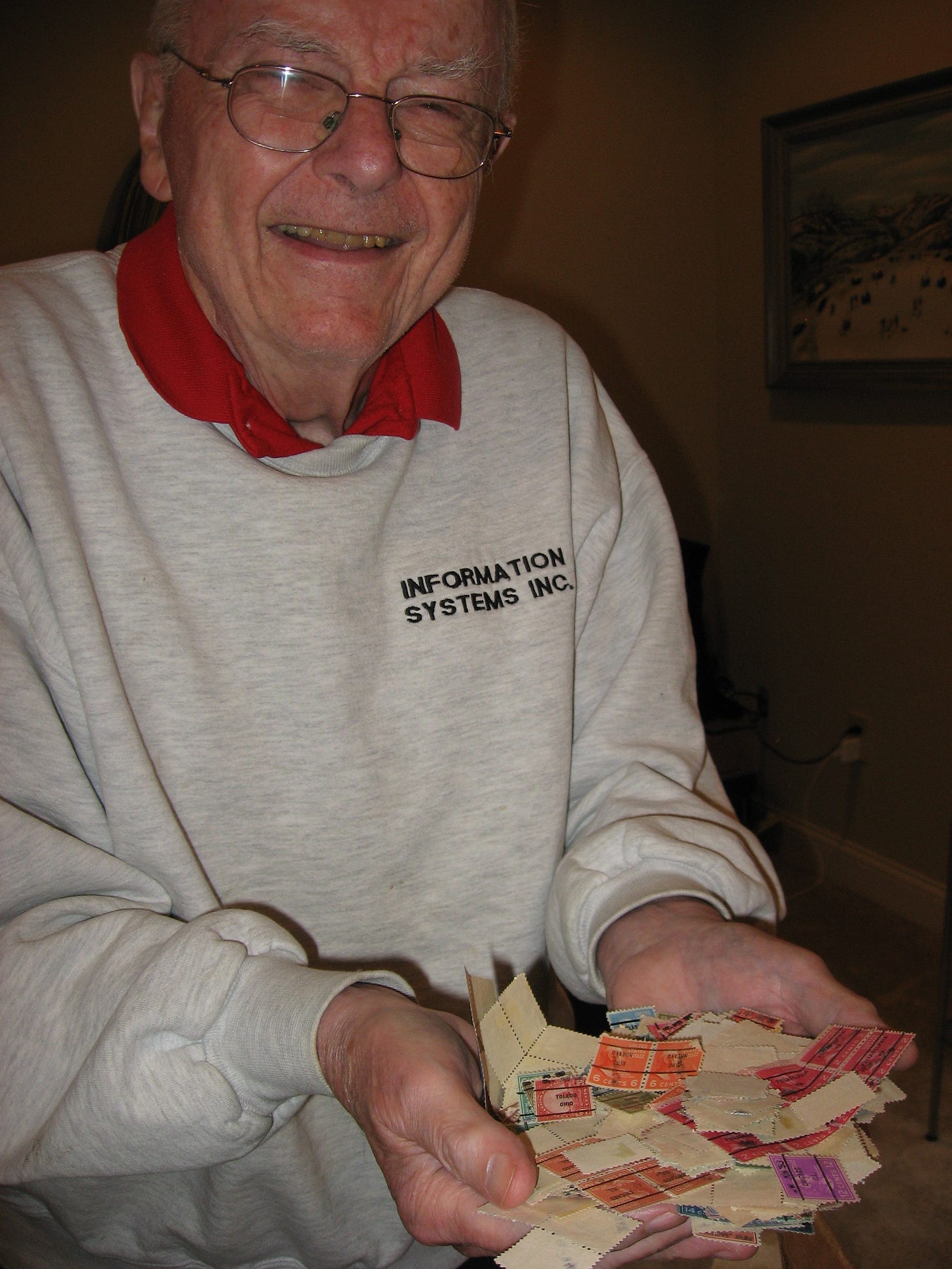Sunflower #5: Resting in the Moment
“Our capacity to help others and to help the world depends on our capacity to produce the energy of joy, happiness, and peace in ourselves.” — Thich Nhat Hanh
“Sunflower” posts are to share inspiration about activism. They are to explore our ideals, passions, and motivations.
Like a young sunflower, it is helpful to orient ourselves towards the sun, letting it guide us during hard times of growth. So that when we are grown, we can face proudly east together, to greet the sunrise we know awaits us in the morning. See past Sunflower posts here. Put compassion into action using the Dandelion Report, or Spring Rain posts.
You can support me in making these Sunflower posts by filling out a short survey.
“Our capacity to help others and to help the world depends on our capacity to produce the energy of joy, happiness, and peace in ourselves.
When we drive to the station to pick up guests, register the guests upon their arrival, prepare rooms for them, cook for them, guide them in the practice, and so on, we have to do it in such a way that we produce the energy of joy, happiness, and peace.
That is the secret of our success. In the world there are people who work very efficiently, much more efficiently than we do, but because they do not know how to produce joy, happiness, and peace, they are easily subject to stress. Therefore, they cannot continue to be efficient in their work long-term.”
— Thich Nhat Hanh, from “In Love and Trust: Letters from a Zen Master”
There are some evenings where I stop and notice that I am exhausted — perhaps it was a busy day, perhaps my mind was running non-stop with worry, often it was both. An exhaustion where it feels like nothing will go my way. An exhaustion where I want to hide from the world and numb my mind with distractions. Distractions, that I know from experience, that will still leave me tired and feeling unwell.
There are lucky days when I can step back, go for a slow walk in a beautiful place, or mindfully breath for a while before turning in early for the night.
But, typically, there is still laundry to be done, food to be cooked, cleaning to be completed. Tasks that, in this state of mind, can end up feel like the painful drudgery of being alive. I can rush through these tasks, my mind still running after worrying thoughts, and then I end the day even more distraught and overwhelmed.
If I let my mind chase after worry, fear, and anger all day long, I know I am on the fast-track to burnout. I have needed to find ways to let my mind rest, even when I do not have time to step back from my daily obligations.
If I cannot find a way to “produce the energy of joy, happiness, and peace” in my daily life, how can I hope to bring my best self to my work or activism?
I want to share a practice I like to call “Resting in the Moment”, you could also call it “Mindful Working”, or “trying not to let your mind focus on worries and anger all day long”.
Resting in the Moment
Bring your attention to your breathing and your body.
Starting with your breathing is a good strategy, especially if you already practice mindful breathing. Then bring your awareness to include your body and senses: how does your body feel, what do you see/smell/hear/taste.
Once you are aware of breathing and your body, then bring this awareness to the task at hand. If your focus drifts to the past or future, just gently come back to your breath, your body, and your task.
Like with mindful breathing, the primary aim of this practice is to be able to enjoy what you are doing. Celebrate the wonderful moments, find joy in what would normally be neutral moments, and be present and caring for the hard moments.
If difficult feelings or thoughts come up, you can smile at them, and hold these feelings gently as you bring your attention back to your breath and body. If needed, you can stop your task and be fully present with your breathing and the feeling you are experiencing.
Doing some daily tasks in this way will hopefully allow you to find some rest, lightness, and comfort in your daily life. It will hopefully help you to smile, even when times are hard.
Below are some examples of ways to practice “Resting in the Moment.”
Cooking
Try bringing your attention to how you move through the kitchen, and where your mind is while cooking. Move a little slower if you are used to rushing. If your mind drifts away from cooking, come back to your breathing, and then back to cooking.
Enjoy looking at, smelling, and tasting the food while you cook. Cut food mindfully and safely. Enjoy this ritual that humans have passed down through generations. See all the hard work that has already gone into getting all the food, water, energy, knowledge, and tools together for you to make this meal for yourself and your loved ones.
Eating
Slow down and try to be mindful of two things while eating; the people you are eating with, and the food as you eat. If you watch TV while eating, try eating without TV occasionally, or for part of your meal.
You can try simply chewing mindfully until you no longer find pleasure in chewing your current bite. If you normally chew for the average of 6–8 times before swallowing, you may be surprised to find that some flavorful foods are delicious upwards of 30, 40, or even 50 chews. That is potentially 800% more tasting per bite! If you love eating, this is a wonderful gift!
Some people like to count their chewing, aiming to reach 20-30 per bite. I, personally, have adopted the practice of my grandfather of chewing everything 20 times, but then I also continue for as long as the bite is still enjoyable.
Driving
You can breathe some mindful breaths when starting and ending a drive, and try to be present during the trip as well.
Being fully present while driving is not only a safe way to drive, but there are many remarkable things to see during a drive. There are also moments where you can show kindness to strangers if you are present — like letting someone merge into the highway, stopping to let someone cross the street, moving over for someone on the side of the road or for an emergency vehicle.
Rather than seeing red lights as frustrating, you can choose to see them as a reminder to mindfully breath and relax your body. You can smile at the red light, and thank it for the reminder to come back to the present moment.
Dishes and Laundry
If you are fortunate to have access to a washing machine or dryer, that is something to celebrate! If we had to do our laundry by hand, I am sure we would imagine that a washing machine would bring us much joy, yet we don’t always celebrate when we actually have access to one.
As we feel the clothing in our hands, we can feel thankful to have clean clothing in our lives. Fresh warm clothing from a dryer can be a lovely feeling if we are mindful.
Likewise, a dishwasher is something we can be thankful for when we use it.
We can also find joy in the warm soapy water of handwashing. Many of us are lucky enough to have clean warm water instantly. Mindfulness can help us to remember this, turning a neutral moment into a wonderful moment.
Waiting
Occasionally, we have to wait as we go about our day. In line at the grocery store or bank, or in waiting rooms at the Doctor’s office or DMV.
With smartphones, we now never need to be bored. But, consider that these moments can be chances to rest. These moments are a chance to mindfully breath and smile, a chance to refresh yourself.
The other week, I was mindfully breathing while waiting in line to return an item at Costco. I saw many happy kids having fun, I saw hardworking staff helping people with patience and kindness, I was thankful that I had access to many healthy foods in my community — being present I saw there were many things to celebrate, and I enjoyed smiling and breathing. The man behind me unfortunately suffered through that line, he was vocally angry about how slow it went, and perhaps he was already having a bad day.
I wish I could have shared with him the beauty that was there to be seen from that line.
Beyond
If you can find ways to “produce the energy of joy, happiness, and peace” during the above activities, can you carry that feeling into other parts of your day? How about during more challenging work?
Do you find you now have a more stable foundation on which to be engaged with activism, or be present for your loved ones?
I hope you find this idea of “Resting in the Moment” helpful, I would love to hear from you what daily activities you find you can mindfully enjoy!
I also hope you have time to focus on fully resting as well. The work we do is hard, rest helps us recover so we can continue to do it.
Thank you for being here,
Chris






